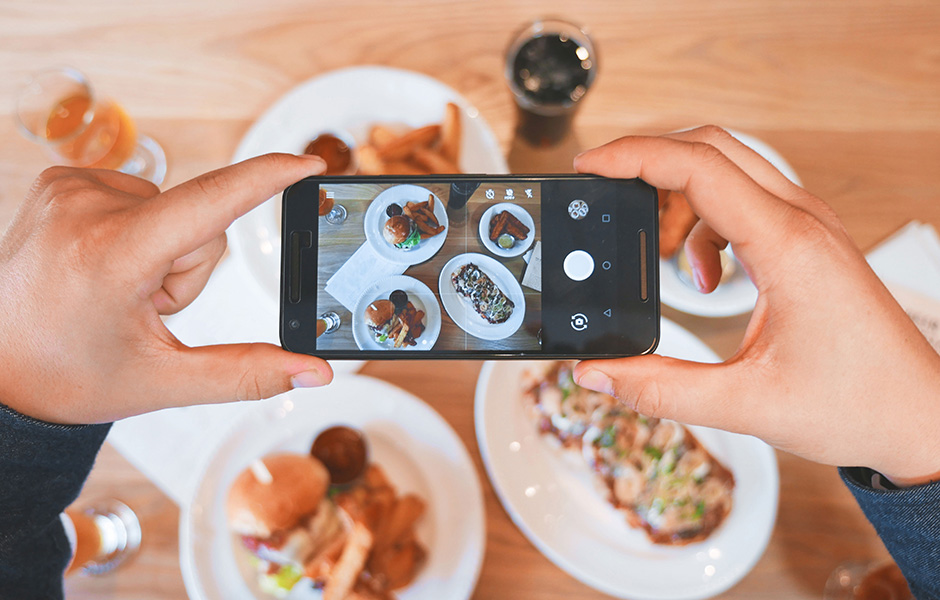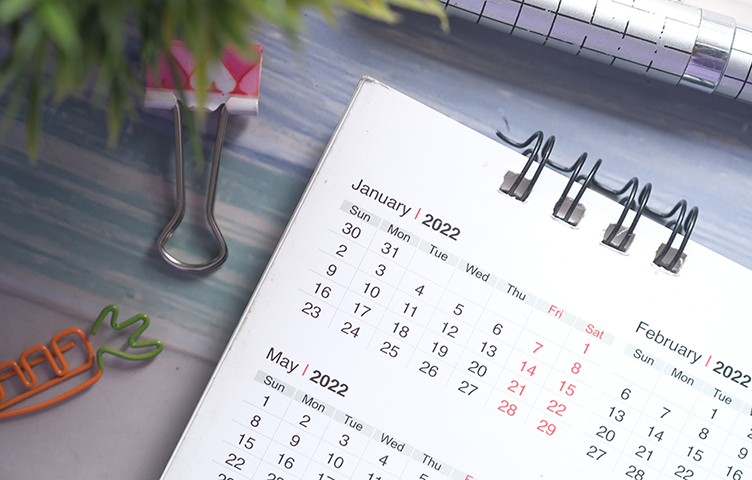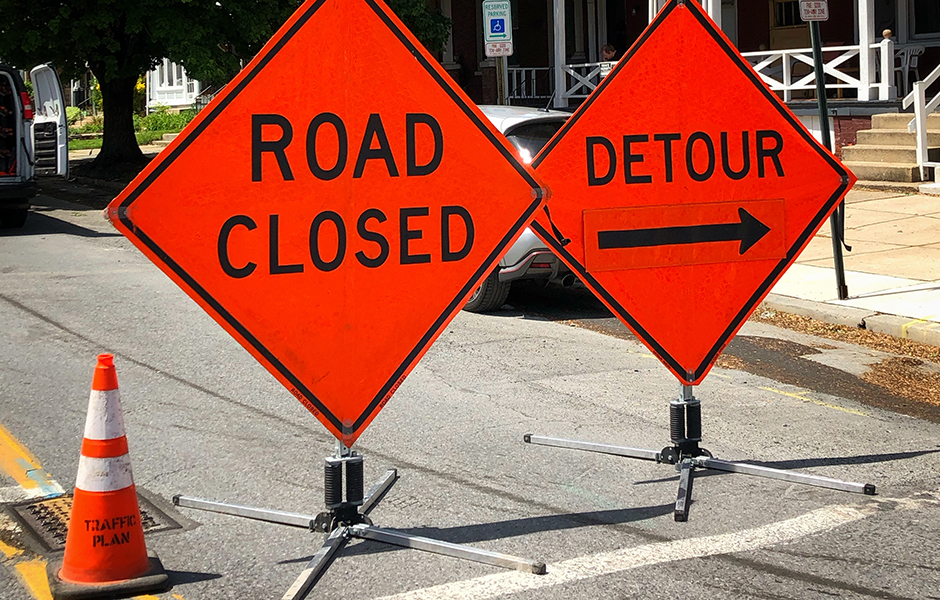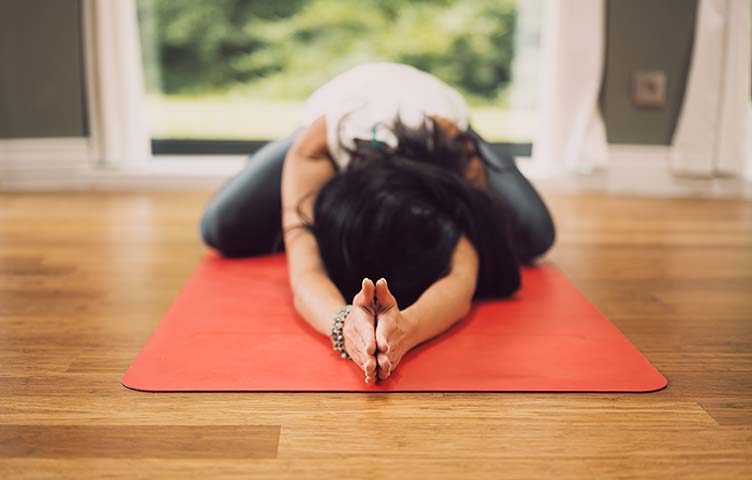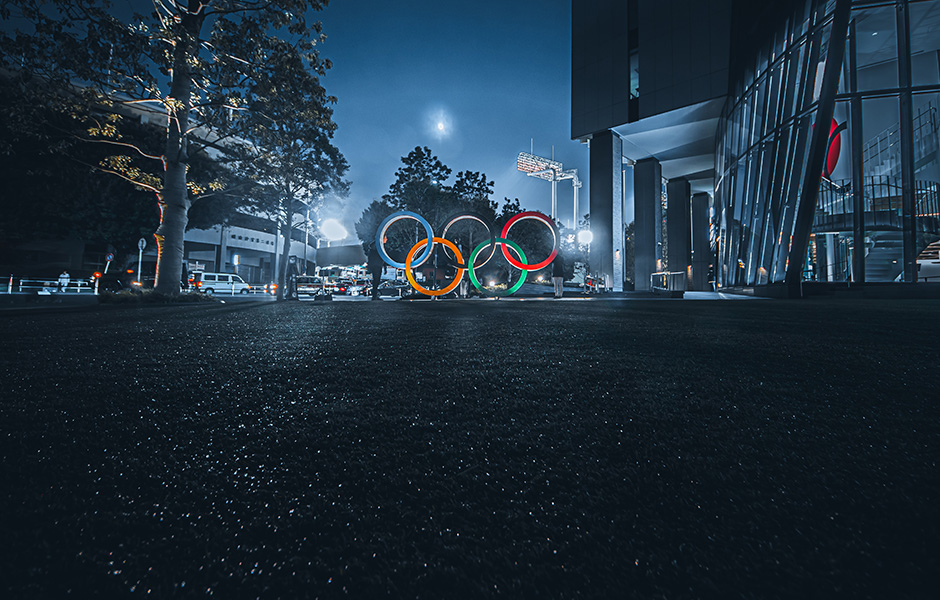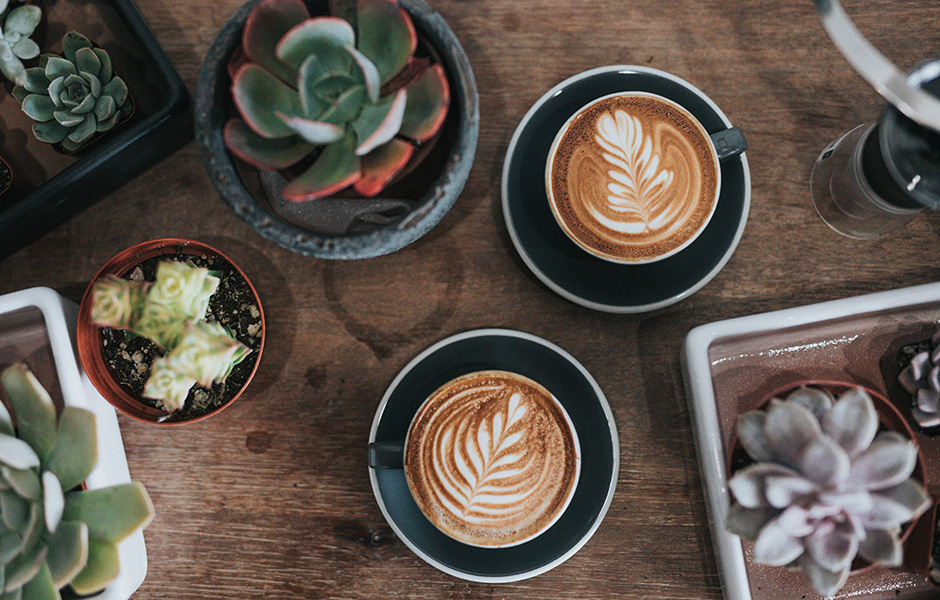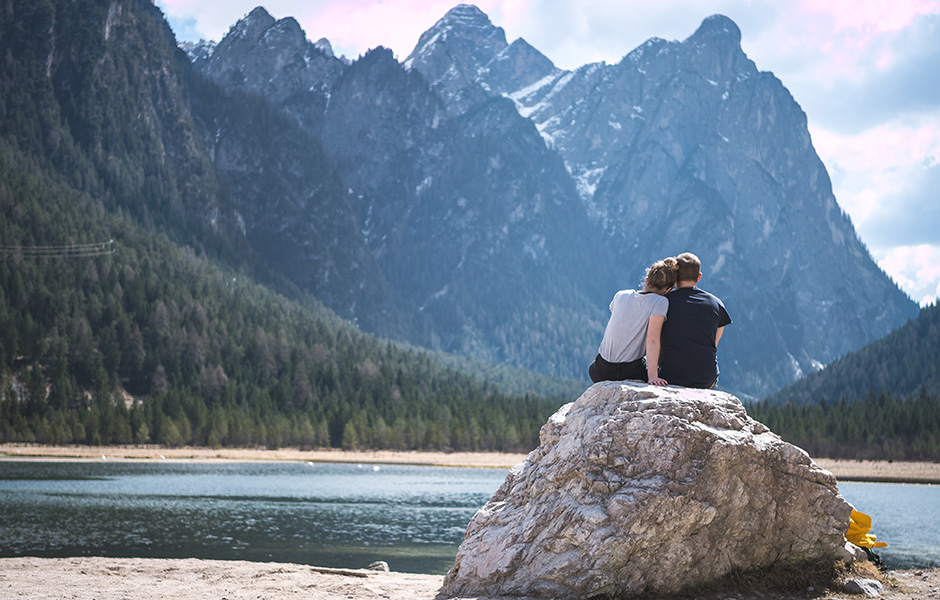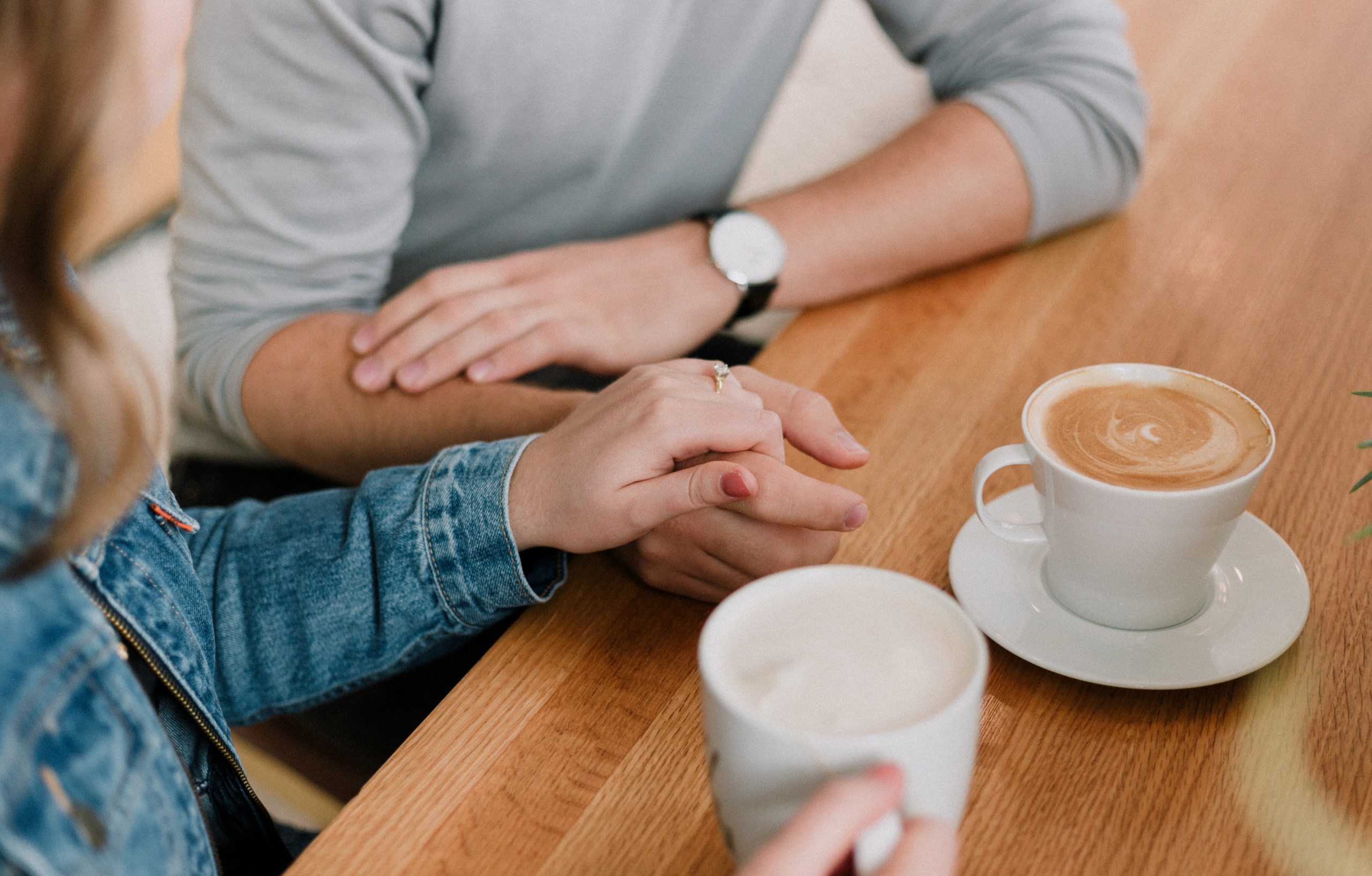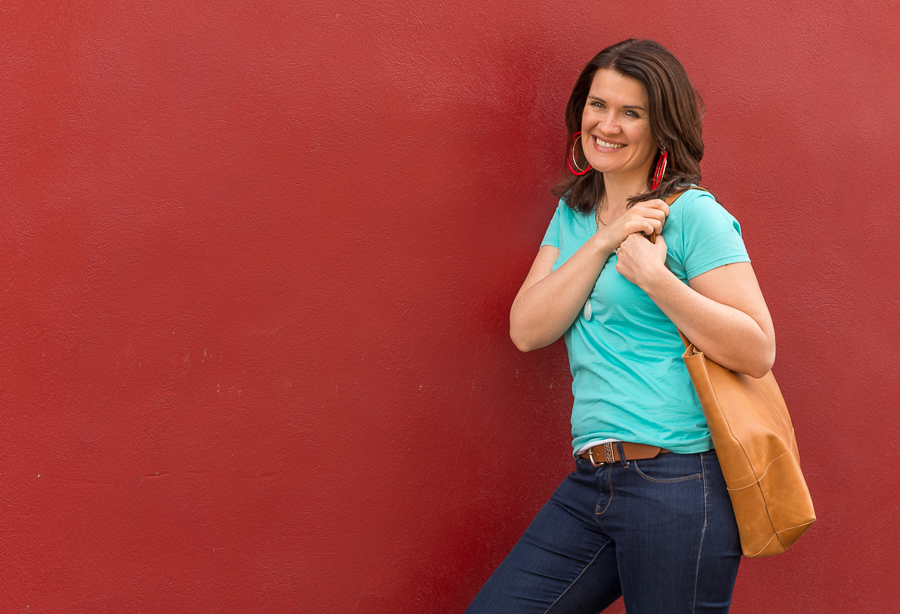When I was a kid, I was homeschooled until sixth grade. This meant, that while my classmates had figured out the social structure of public school all the way back in Kindergarten, I was just beginning. Seeking to survive middle school, I couldn’t help but compare myself to the “cool kids,” to those who my teacher had deemed the “smart kids,” and who socially, had been designated to their own lonely corner of the lunch table.
Looking back, I don’t know that I ever fully found my place. Only, even at the age of twelve, comparison led me to judge others as if we were all on this continuum of cool to uncool. Those who were really “cool” made me feel like I’d never measure up. While those who were clearly closer to the “uncool” side of the spectrum, gave me this faulty sense of pride and security—“at least I’m not them.” (How awful is that?)
Comparison has a way of either filling us with shame or pride.
When we play the comparison game, we never win. I remember thinking in high school that somehow this would all pass when we became adults. Only social media made its appearance. And it’s given us a twenty-four-seven opportunity to compare our lives—not only to those around us, but to famous people we’ll never meet, and to our sixth grade classmates who we haven’t talked to in years. This is a problem because:
Comparison can paralyze us.
It can keep us from being and becoming the people we’re meant to be. This month on the blog, we are going to unpack the problem with comparison in hopes of helping us identify where it may be an issue in our lives. Then, we’ll discuss how to free ourselves from it’s hold.
In the meantime though, here is today’s comparison-themed Love, Learn, Lead:
Love
A podcast I talk about often on Instagram, is Annie F. Downs’ That Sounds Fun Podcast. Last month, on episode 167, she interviewed Food Network Star, Melissa d’Arabian. Melissa just came out with a new book, Tasting Grace, all about having grace for ourselves when it comes to how we eat.
However, there was one thing they discussed that surprised me. They talked about comparison as it relates to our experience with food. Melissa said the work of renown chefs, shows like those on the Food Network, and social media have all given us an elevated sense of what food can be. Though there are positives to this, there are negatives as well.
This cooking version of comparison has made people beat themselves up if they can’t cook a steak perfectly at home or plate their food as pretty as a five star restaurant. Melissa said comparison is killing our experience of eating. As someone who loves food, fancy or otherwise, it was a fascinating conversation. One, I highly recommend checking out.
Have you been harder on yourself or restaurants for the quality of your food?
Learn
For a number of years now, FOMO has been a catch phrase that refers to a fear of missing out that we mainly experience when scrolling social media. In her Ted Talk, The Culture of Comparison, Bea Arthur unpacks the root of FOMO. She deepens our understanding of why getting caught up in FOMO is detrimental to living our lives. And she offers a helpful way of shifting our mindset away from comparison. I especially appreciated the way she explained that comparison has caused happiness to become a moving target in our lives.
Is FOMO ever an issue for you?
If so, what do you do when you experience it?
Lead
“Owning our story and loving ourselves through that process is the bravest thing we’ll ever do.”
—Brené Brown
Comparison keeps us from owning our story and moving forward.
Where do you need to own your story?
What does it look like for you to love yourself through that process?
Are you experiencing change in your life right now? Does your mind feel cluttered will all that this change could mean? If so, sign up for my email list and get your FREE copy of my Five Steps to Declutter Your Mind, to help you find clarity and peace on this journey.
Photo by Eaters Collective on Unsplash

